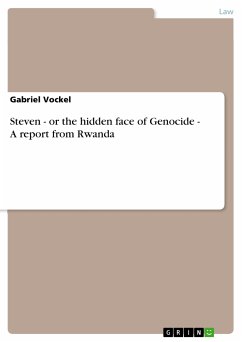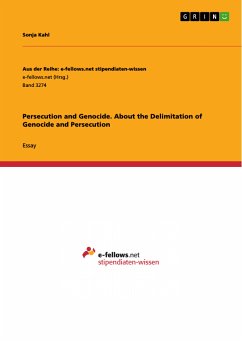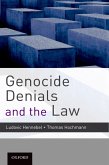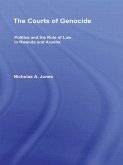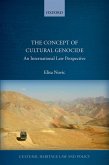Document from the year 2002 in the subject Law - Comparative Legal Systems, Comparative Law, grade: keine, , course: Internship with the International UN Criminal Tribunal for Rwanda, language: English, abstract: I was on my way to a small village in the outskirts of down-town Kigali, where a traditional "Gacaca trial", which has been introduced in every small conglomeration of the country, was taking place that day, in an attempt to deal with the almost 120.000 people who are still being held in prison in the aftermath of the genocide (at 2002). About a hundred meters down the road there was an open meadow on which a big, burned remains of a house was standing. In the courtyard of this house there were chairs, benches, tables as well as a big plan of the UN Refugee Organisation (UNHCR) that was providing a shade. At this time only a group of elderly men who made up part of the 19 traditional judges had arrived at the scene. I followed the three hour process itself with the help of a translator and friend, Emmanuel, a young Rwandan journalist. As the approximately 250 village inhabitants were taking leave at the end of the session, I was also thinking of parting, but at this moment one of the traditional judges, a rather friendly, tall and lean gentleman of about 45, came over to me. We took seats alone, as he spoke very good English and we did not need a translator, on a nearby bench a bit removed from the villagers who were still standing all around the place. In the meantime Emmanuel had caught company of an old friend, with whom he stood around the dilapidating door frames, just a stone throw away from us.
Dieser Download kann aus rechtlichen Gründen nur mit Rechnungsadresse in A, B, BG, CY, CZ, D, DK, EW, E, FIN, F, GR, HR, H, IRL, I, LT, L, LR, M, NL, PL, P, R, S, SLO, SK ausgeliefert werden.

